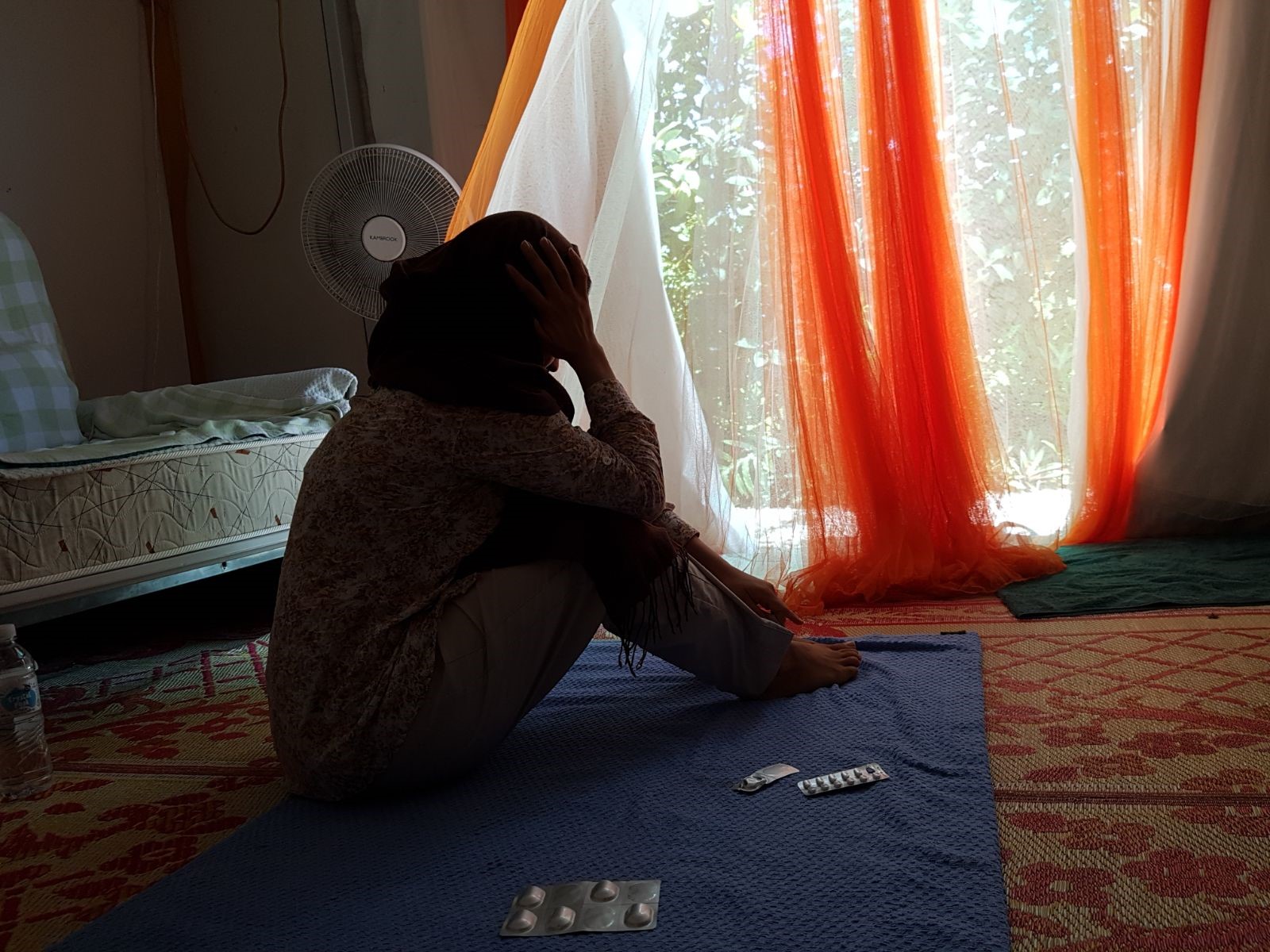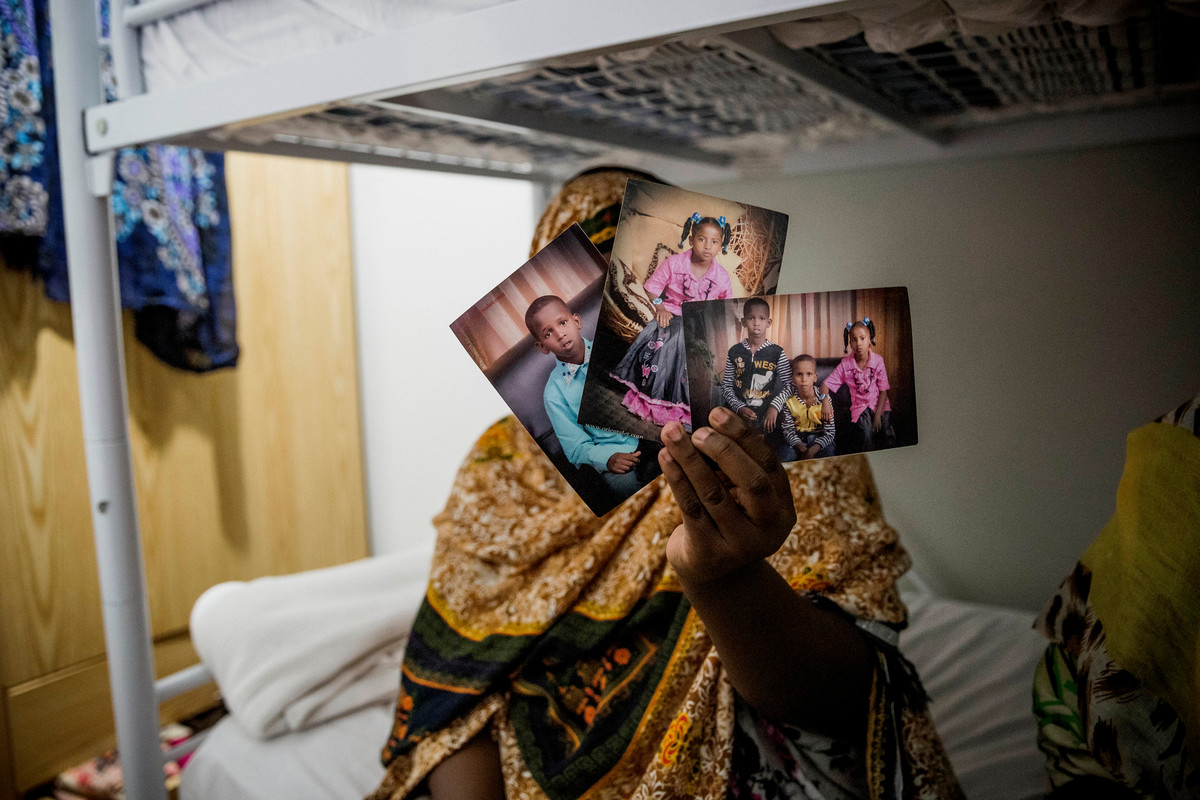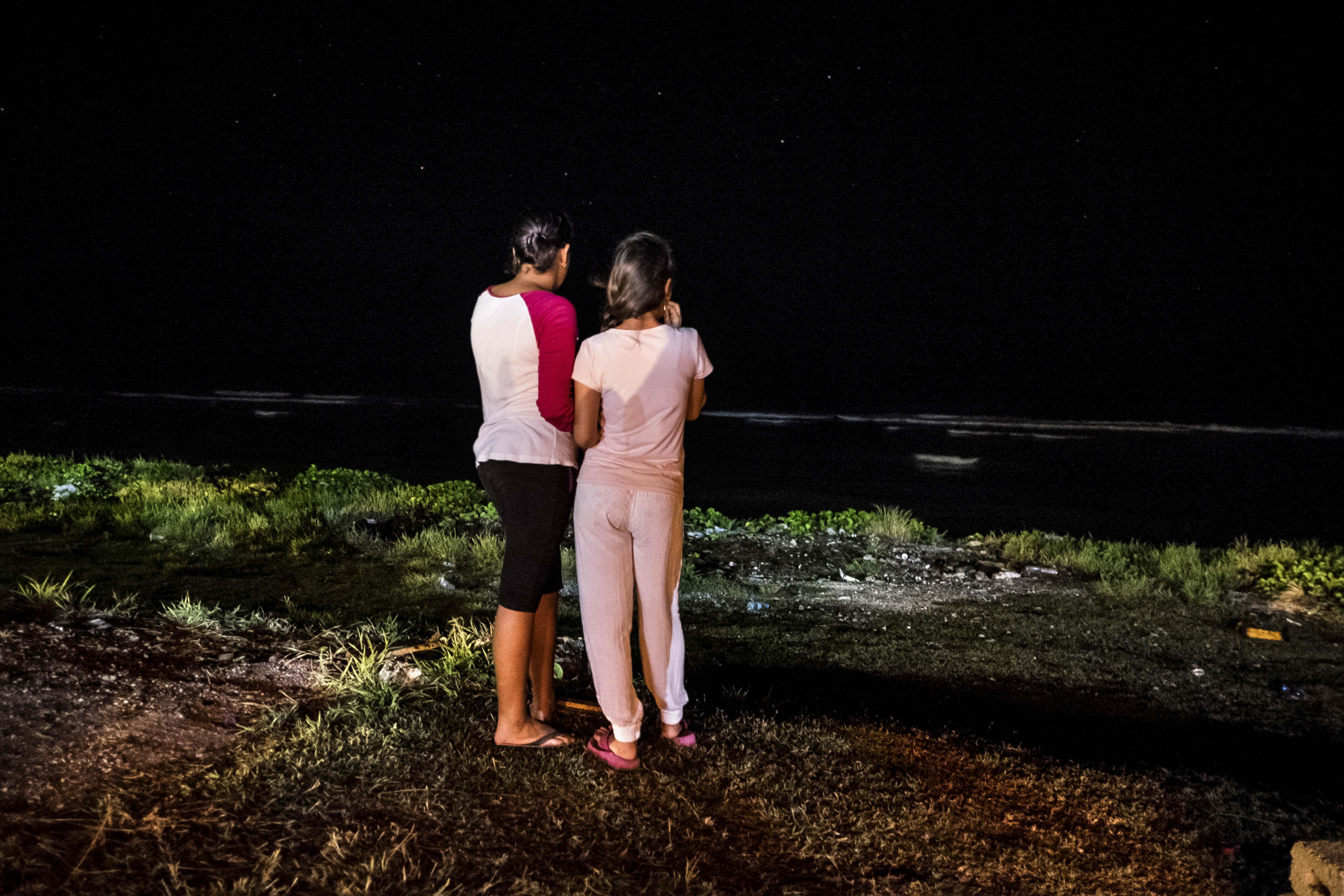Op-ed by Catherine Stubberfield, UNHCR Spokesperson
Op-ed by Catherine Stubberfield, UNHCR Spokesperson

Some lessons are learned too late. For refugee Hamid Khazaei, who died of sepsis contracted on Manus Island, belated reforms can no longer help. Reflecting on his death, the Queensland State Coroner earlier this year could not have been clearer in his findings. That bureaucrats and politicians should never be allowed to override a clinical decision made by a medical doctor. That Australia retains responsibility for those it has relocated under so-called “offshore processing” in Papua New Guinea and Nauru. That had he been evacuated to Australia within 24 hours of developing severe sepsis, Khazaei would have survived. He was 24 years old.
On Thursday, Parliament will rise for the year. It must first address this crisis.
On Monday, Kerryn Phelps will introduce the Urgent Medical Treatment Bill. It should be passed. The health of refugees and asylum-seekers under Australia’s so-called “offshore processing” has first gradually declined and then plummeted. With the passage of more than five years, an absence of solutions and a slow onset health emergency, Australians have become increasingly uncomfortable, confronted by facts that can no longer be ignored. Impartial medical advice has exposed the human implications of a policy that was always sold too simplistically in political and cynical terms. The issue is not a matter of politics, but of basic human treatment and decency.
The medical evidence surrounding “offshore processing” is overwhelming. As early as 2016, UNHCR’s consultant medical experts found cumulative rates of anxiety, depression and PTSD among refugees transferred to both Papua New Guinea and Nauru to exceed 80%. Things are indisputably worse since then. Independent expert bodies from the Australian Medical Association to MSF International have repeatedly expressed their concern and alarm.
Even to those of us who are not doctors, the human tragedy of this policy has become ever more apparent. Sitting in one of the residential settlements in Nauru earlier this year, Zahra* told us of her 14-year-old daughter’s repeated attempts to take her own life. Weeping, she spoke of her powerlessness at being unable to help her children. In the worst instance, her eldest had stockpiled strong psychotropic medication and sleeping pills, hiding in the tropical bushland and taking all. She was found and revived with difficulty some ten hours later. “That was the worst day of my life,” Zahra told us.
But children are not the only ones who are vulnerable, or necessarily most in need of medical care. A Syrian doctor, sent by Australia to Manus Island, began his time under “offshore processing” in 2013 caring for his fellow refugees and teaching English. Like so many, he displayed remarkable adaptability in the first years of what was then formal held detention. But mental health deterioration, preventable though it is, is equally medically predictable in these circumstances. Slowly, and then more acutely, his condition changed from one of resilience and strength to severe depression and later psychosis. When our team visited him with psychiatric experts in April 2016, they were deeply shocked. In Australia, he would have been immediately hospitalised. His talents and capacities may not be lost, but they will need urgent care and treatment to return.
It is not a figure of speech when we say as UNHCR staff that we have run out of vocabulary to describe the harm wrought by “offshore processing” and neglect. The multitude of suffering is too great to do justice to in short form, though it is increasingly recognised by all sides of politics. And yet it persists.
Care of the sick and wounded without distinction is a key tenet of medical ethics and practice around the world. The duty to prevent and treat disease to the best of a doctor’s ability is sacrosanct. And it extends to all human beings. In times of war, it is required by the Geneva Conventions. There are no exceptions.
The Urgent Medical Treatment Bill to be introduced in the House of Representatives today demands very little. Upon the recommendation of at least two treating doctors, those requiring treatment unavailable under “offshore processing” must be medically evacuated to Australia.
This bill ensures the fundamental health care that is the right of every human being. That much, at the very least, must be possible.
*Names and identifying details have been changed to protect privacy.
Originally published in The Sydney Morning Herald.
Read UNHCR's statement appealing for urgent medical intervention by Australia.






